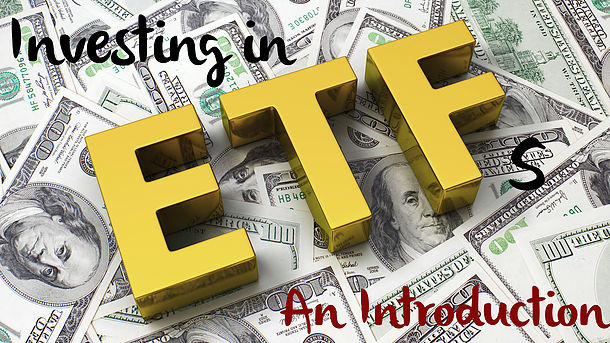

I’ve received many questions over the last few years about ETFs: what are they and can you actually make any money investing in them? Let’s go basic first and explain the concept of this amazing items called Exchange Traded Funds (ETFs). They are all the rage in the investing world and actually offer a great way to new investors to get their feet wet and make their brokerage accounts grow.
Actually, you could do all of your investing with ETFs as there are currently more than 1,000 different options and the number keeps growing.
Unlike mutual funds, ETFs use index-style management strategies rather than active management.
Fees for ETFs are extremely low, in fact some brokerage accounts offer fee-free ETFs from their own firm.
Additionally, they are very kind to your wallet come tax season since the tax implications are so low.
With a few clicks you can trade ETFs as very few firms have compliance concerns over ETFs, and although they follow index funds they trade very liquid like stocks (equities). Because they trade like stocks, ETFs can be sold short which is a way of profiting if the ETF price drops instead of rising.
Like mutual funds, ETFs are pools of investor assets and buy stocks bonds according to a basic strategy. This could be a cheap way to mirror the S&P 500 or NASDAQ.
Over the long-term it has been proven that actively managed funds fail to beat their comparable index funds and ETFs because the odds of picking market-beating investments without a fixed strategy is very hard to do. As such, the turnover of active managers is high and often results in disruption in performance while they look for a new fund manager. ETFs offer a fixed strategy and if management changes there is no change or deviation from performance.
















